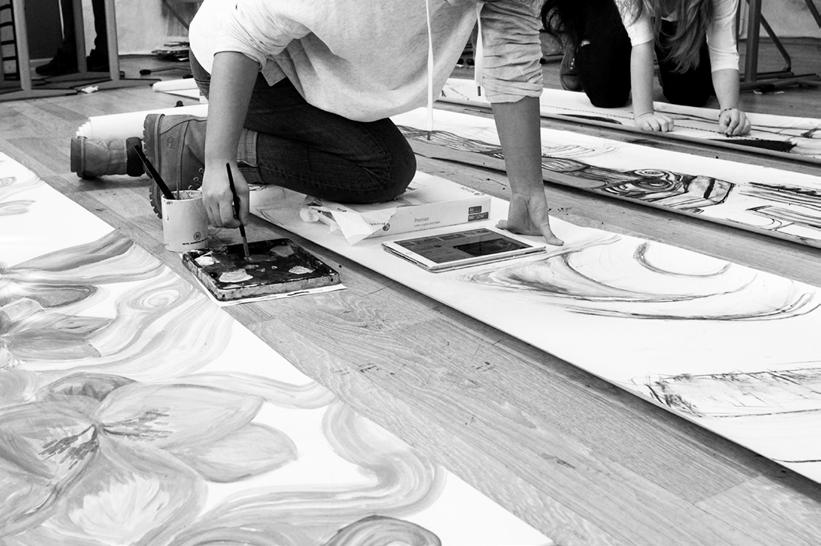
2 minute read
IGCSE Art and Design (0400
IGCSE Computer Science (0478)
This course helps students develop their computational thinking skills and understand the principles of problem-solving using computers. They learn to create. test and evaluate computerbased solutions to problems by making use of algorithms and a high-level programming language - Python.
Advertisement
Students also learn to appreciate current and emerging computing technologies, the benefits of their use and recognise their potential risks in their daily lives.
Aims
The aims are to enable students to develop: ● computational thinking skills ● an understanding of the main principles of solving problems using computers ● the skills necessary to solve computer-based problems using a high-level programming language ● an understanding of the component parts of computer systems and how they interrelate ● an understanding of the internet as a means of communication and its associated risks ● an understanding of the development and use of automated and emerging technologies
Content overview:
1. Computer systems 2. Algorithms, programming and logic
1 Data representation 2 Data transmission 3 Hardware 4 Software 5 The internet and its uses 6 Automated and emerging technologies 7 Algorithm design and problemsolving 8 Programming 9 Databases 10 Boolean logic
Assessment overview:
Paper 1 - Computer systems 1 hour 45 minutes , 75 marks - 50% Paper 2 - Algorithms, programming and logic 1 hour 45 minutes, 75 marks - 50%
Short-answer and structured questions Questions will be based on Topics 1-6 of the subject content Externally assessed Short-answer and structured questions and a scenario-based question Questions will be based on Topics 7-10 of the subject content Externally assessed
IGCSE Art and Design (0400)
The Cambridge IGCSE Art & Design syllabus aims to encourage a personal response by stimulating imagination, sensitivity, conceptual thinking, powers of observation and analytical ability. Learners gain confidence and enthusiasm as they develop technical skills in two and three-dimensional form and composition, and are able to identify and solve problems in visual and tactile forms. They also learn how to develop ideas from initial attempts to final solutions. An ideal foundation for further study, Cambridge IGCSE Art & Design also develops a greater awareness of the role played by the visual arts in society and in history, broadening cultural horizons and individual experience.
Course components
This is a summary of the media that may be covered • Painting and related media • Printmaking • Three-dimensional studies • Photography, digital and lens-based media • Graphic communication • Textile design
Assessment:
Candidates will complete 2 components which will include a portfolio of coursework (50%) and an 8-hour practical test (50%). Students may respond to each of the components using any of the media listed above.





